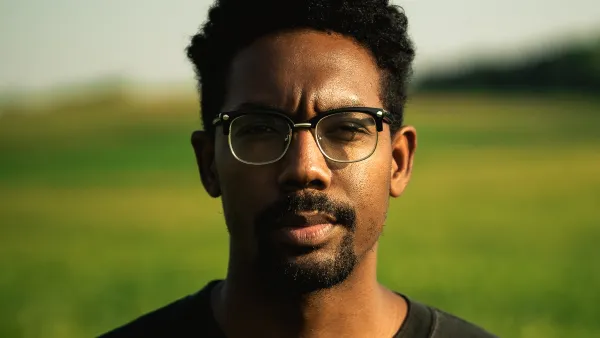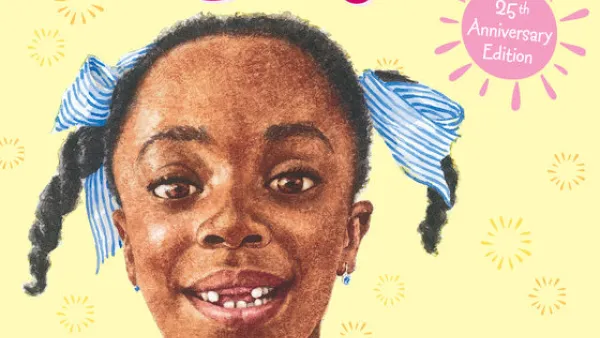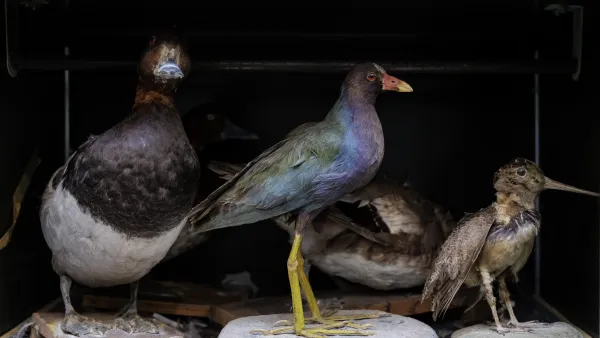
My decision to pursue a career in the study of literature and cinema was never easy. I was raised in Mexico City, and my college and major choices took place in the wake of the largest economic crisis my country of birth had ever experienced. I am the son of a single mother who was only able to finish elementary school and worked her entire life so I could have a profession. Therefore, I’m all too aware of the fears held by families and students that the humanities are a set of fields with uncertain professional prospects and limited social utility, and that pursuing the humanities as a course of study necessarily involves many risks, both personal and financial. I think about these perceived risks every time I mentor my undergraduate students and see them wondering whether their parents will be unhappy if they declare a Latin American studies major, or if they will have a career when they switch their premedical trajectory to focus on studying Spanish, film, or comparative literature. It really pains me to see them struggling with the false choice of either building a resumé or exploring subjects meaningful to their identity and intellectual life. The beauty of a university like ours is the ability to do both.
In the 15 years I have spent as a humanities professor at Washington University, I have seen many of my former students flourish in all kinds of careers. Sometimes their paths are directly related to their training; other times humanities students are empowered by their education in fields where qualitative skills are increasingly valuable: developing content in media and advertising, engaging with minority and immigrant communities in medicine and business, or working in transnational agencies and enterprises with greater knowledge of the cultures of the world. My former students have fulfilling careers as professors, as producers in media companies, as physicians in high-immigration areas, and as policy- makers in international organizations. Their edge in securing those jobs was the result of the robust humanities education offered by our university and the fact that they successfully competed against applicants who lacked their humanities background.
"It really pains me to see students struggling with the false choice of either building a resumé or exploring subjects meaningful to their identity and intellectual life. The beauty of a university like ours is the ability to do both."
Yet, the humanities are often misunderstood, falling prey to stereo- types, outdated understandings, and the polarizing discussions surrounding culture wars. Most of us in the field do not feel represented by these images. The humanities are engaged in the careful study of histories, identities, and cultures. It is hard to argue that our topics of inquiry are not relevant. In a world where books and media are a core part of our lives and the conversations in our public sphere, and in which history and identity are essential to our political struggles and goals, the humanities that my colleagues and I know and practice are lively and deeply relevant. They equip our students with essential tools to navigate the hypercultural societies of today. In fact, the way in which our society has become polarized and full of misinformation can only be countered if we provide students at all levels with more media and cultural education, so they can face the challenges of a world constantly bombarded with images and information.
Culture is a tool of emancipation and power, and an instrument of cultural diplomacy and representation, showing the depth and complexity of our societies to the world. Many Latin American societies built their humanities and arts institutions under the belief that culture, both elite and popular, is the inalienable right of a people and that intellectuals must consistently work toward its spread and its democratization. In Mexico, for example, the humanities have been used historically to build a strong sense of society and community. I was educated under the idea that a Latin American intellectual must never be exclusively bound to a discipline – that intellectual curiosity and erudition should be the obligation of people with access to the privilege of a higher education.
As a member of the Latin American humanities tradition and an immigrant to the American tradition of the liberal arts, I am now a dual citizen not only of both of my countries, but also both of my traditions. I admire the United States’ tradition of the humanities as it exists today, balancing the traditional fields that guard the patrimonies of the past with those that seek to study the urgent questions of the present and the future. The humanities at Washington University are exciting and aligned with the principles of academic excellence, from the scholars constantly publishing groundbreaking books to the initiatives that connect, through our Center for the Humanities and other spaces, the knowledge we produce with local, national, and global communities.
Humanities scholars of the 21st century study elite and popular culture, the traditions to which they belong, and those to which they are foreign. The humanities serve three essential functions in the university and in the public life of society, which no other discipline can fulfill: We are tasked with the formation of archives and traditions that must be preserved and expanded for the development of our present ideas and future challenges; we interpret and make sense of the ways in which identities and ideologies are formed in relationship with culture and history; finally, and perhaps the reason why our work can be controversial at times, the humanities provide the laboratory in which societies work through counterintuitive ideas by critiquing power structures and challenging existing forms of common sense.
The humanities are an incubator for the kind of thinking that leads to social change and transformation. They are one of the beating hearts of scholarship and higher education, and my colleagues and I remain committed to developing cutting-edge, future-oriented humanities research and teaching at Washington University.



